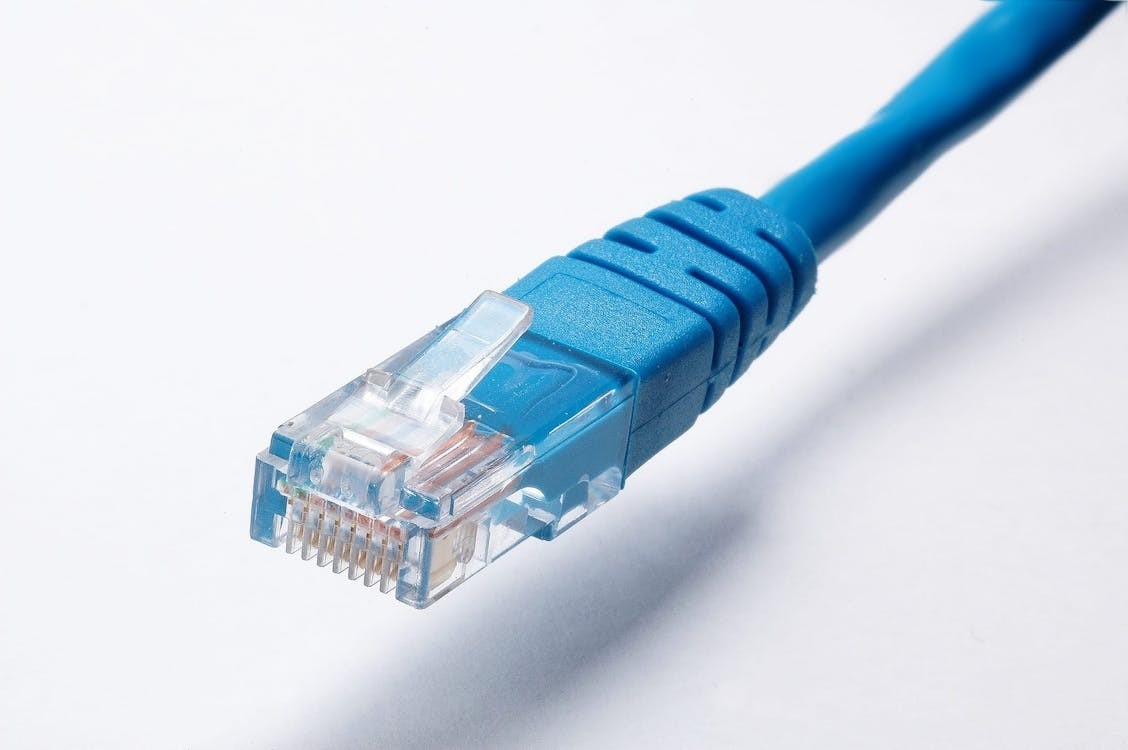The digital landscape is evolving faster than ever, and the threats to online privacy and security continue to grow. From data-hungry corporations to increasingly sophisticated cybercriminals, internet users face an era where digital footprints are more challenging to control. As our daily activities shift online, ensuring a private and secure connection has become a necessity rather than a luxury. This is where virtual private networks (VPNs) play a crucial role. For those looking to safeguard their online presence, finding the best VPN services available is the first step toward a more secure browsing experience.
The Growing Need for Digital Privacy
Digital privacy stands as a crucial factor that tech-savvy users understand entirely. During the past few years, governments, internet service providers (ISPs), and big tech businesses have expanded their data acquisition activities by monitoring user activities without user permission. All user data, including search records and private discussions, can be stored, analyzed, and eventually sold to external parties because of current data collection practices. Online users who value privacy have started looking for tools to restore data control since mass surveillance practices have become more prevalent.
Users can safeguard their private information through VPN services that encrypt their online traffic and hide their IP address. A VPN creates a strong barrier that prevents ISPs, advertisers, and other entities from tracking online activities. Privacy protection through VPNs provides users with three primary benefits: email security, ad prevention, and data privacy control. Thus, VPNs serve as essential tools to maintain anonymity. People who do not use VPNs face constant risks from data mining operations alongside tracking systems and possible cyberattacks.
The evolution of cyber threats caused even tech giant companies to experience data breaches that exposed millions of user accounts. Corporate entities with advanced security systems still become targets for cybercriminals, so individual users remain at an even greater risk of attack. The security features of VPNs protect users from data interception by hackers while they browse public Wi-Fi connections that are not secure.
Cybersecurity in the Age of AI and Big Data
The increasing power of artificial intelligence (AI) and big data analytics systems leads to new personal data collection and usage methods. Modern businesses employ machine learning systems to study user habits to develop ultra-specific advertising strategies. The longer you remain on the internet without a VPN, the more information you accumulate about your online behaviors and personal information.
AI-based surveillance extends beyond its use in marketing operations. Law enforcement organizations and government bodies use AI solutions to monitor user activities across digital platforms. Users who need free access to unrestricted information must use VPNs because certain regions enforce strict internet censorship rules. VPN technology provides encryption and remote server routing to let users bypass digital restrictions while maintaining anonymous identity protection.
Smart devices have become a new factor that raises privacy issues. Users generate an extraordinary amount of digital information by using intelligent assistants connected to home security systems and IoT devices that constantly send data streams. A VPN protects the data from devices by adding encryption, protecting against unauthorized access and breaches. The expanding global network requires stronger protection tools that shield users from continuous monitoring by others.
The Evolving Threat of Cybercrime
Modern cybercriminals extend beyond the realm of identity theft and email scams. Hackers now use sophisticated methods to attack users through ransomware phishing and deepfake schemes. The increasing dependence on cloud storage, remote work, and online banking by businesses and individuals has created a massive opportunity for cybercriminals to take advantage of system weaknesses.
A VPN provides essential protection for public internet users because they remain at higher risk when accessing the internet in coffee shops, airports, and hotels. The absence of security in these networks lets hackers access personal accounts by intercepting data. The encryption provided by VPNs produces unreadable traffic to cybercriminals attempting to access private information. Users who perform online financial operations access sensitive data through multiple devices and work remotely need VPN protection the most.
Conclusion
Tech-savvy users must treat VPNs as mandatory security tools that protect them from escalating online dangers by 2025. The numerous advantages of VPN usage encompass privacy defense against censorship and protection from internet attacks and ISP data limitations. Online security demands proactive measures now that digital records have become increasingly difficult to delete and data monitoring has intensified. A trustworthy VPN investment creates dual benefits that include privacy protection and unfiltered internet access. Users must take control of their digital security through smart choices and using a VPN represents one of the easiest and most effective methods to achieve that goal.
